Israeli Prime Minister Benjamin Netanyahu has come under intense global scrutiny following a deadly missile attack on a refugee camp in Rafah, a town in the Gaza Strip. The attack, which took place on Sunday night, resulted in the deaths of 45 people, including children, and has ignited widespread condemnation and calls for an end to the violence.
Despite warnings and pressure from international allies, including the United States, to avoid such operations, Netanyahu proceeded with the campaign in Rafah, often referred to as the 'lifeline' of Gaza. Known for his hardline stance, Netanyahu's actions have earned him the moniker 'butcher' of the Middle East. His decision to target Rafah has drawn parallels to "the name of Ram in the mouth of a ghost," highlighting the perceived hypocrisy and brutality of the operation.
The United States, Israel's staunchest ally, has faced backlash for its response to the attack. White House spokesman John Kirby's remarks, asserting that Israel had not crossed any boundaries with the Rafah operation, were met with shock and disbelief worldwide. Despite their initial stance, it was revealed that the U.S. had been urging Israel to refrain from attacking Rafah, leading to widespread criticism of their contradictory position.
In the aftermath of the attack, social media has been flooded with the hashtag "All eyes on Rafah," as people from around the globe express solidarity with the Palestinian refugees and demand an end to the violence. The trending phrase underscores the international community's focus on the plight of those in Rafah and their call for accountability and justice.
Netanyahu's justification of the attack as a 'sad mistake' has done little to quell the outrage. Initially, the Israeli military claimed the operation was a success targeting a Hamas base, but the high civilian casualties have led to widespread condemnation. The global outcry has intensified as images and stories from Rafah circulate, amplifying the calls for an immediate ceasefire and a reevaluation of military strategies in densely populated civilian areas.
Domestically, Netanyahu's position has become increasingly precarious. Facing strong opposition and protests within Israel, his popularity has plummeted. Internal dissent within his party has also emerged, with several leaders distancing themselves from his controversial policies and actions.
As the conflict shows no sign of abating, the world watches closely, united in the demand for peace and the protection of innocent lives in Gaza.



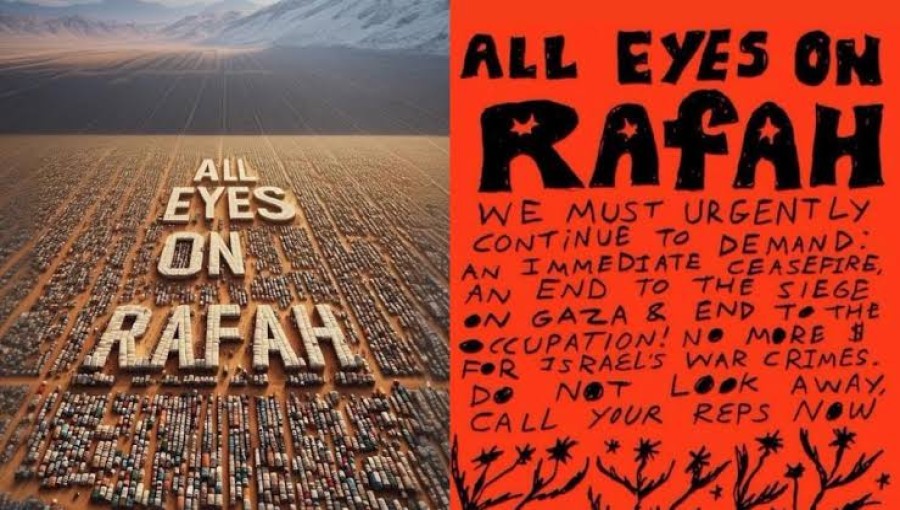




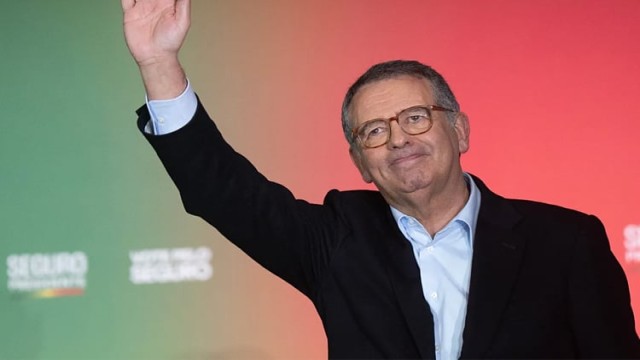
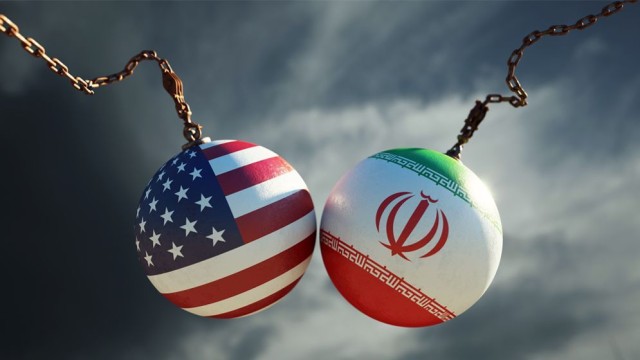







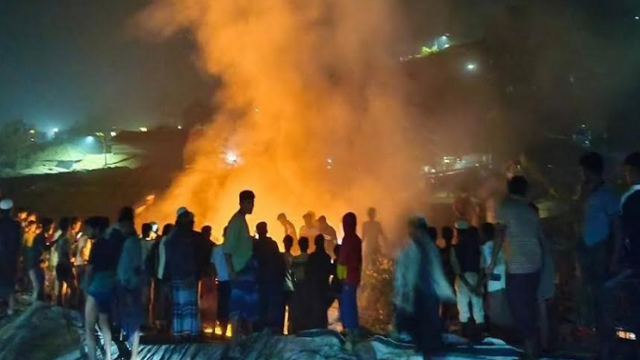
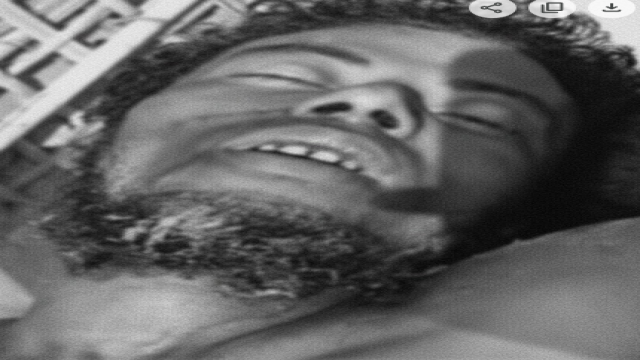
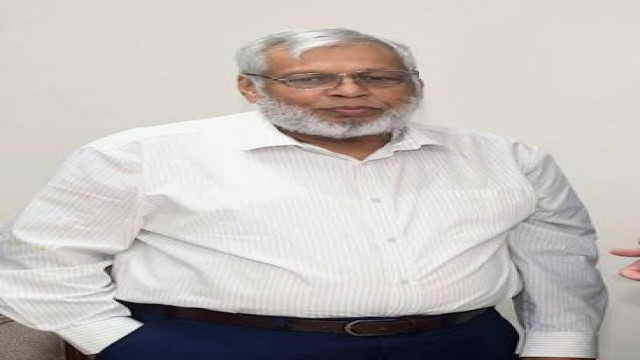











Comment: